Type N vs Type S Mortar
Choosing the right mortar is very important for your masonry projects. Let us help you decide which to use. Type S mortar is strong and durable,...
4 min read
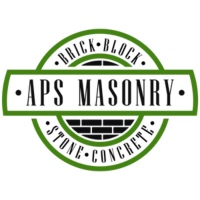 Alec Serowatka
:
Jul 11, 2024 11:45:00 AM
Alec Serowatka
:
Jul 11, 2024 11:45:00 AM
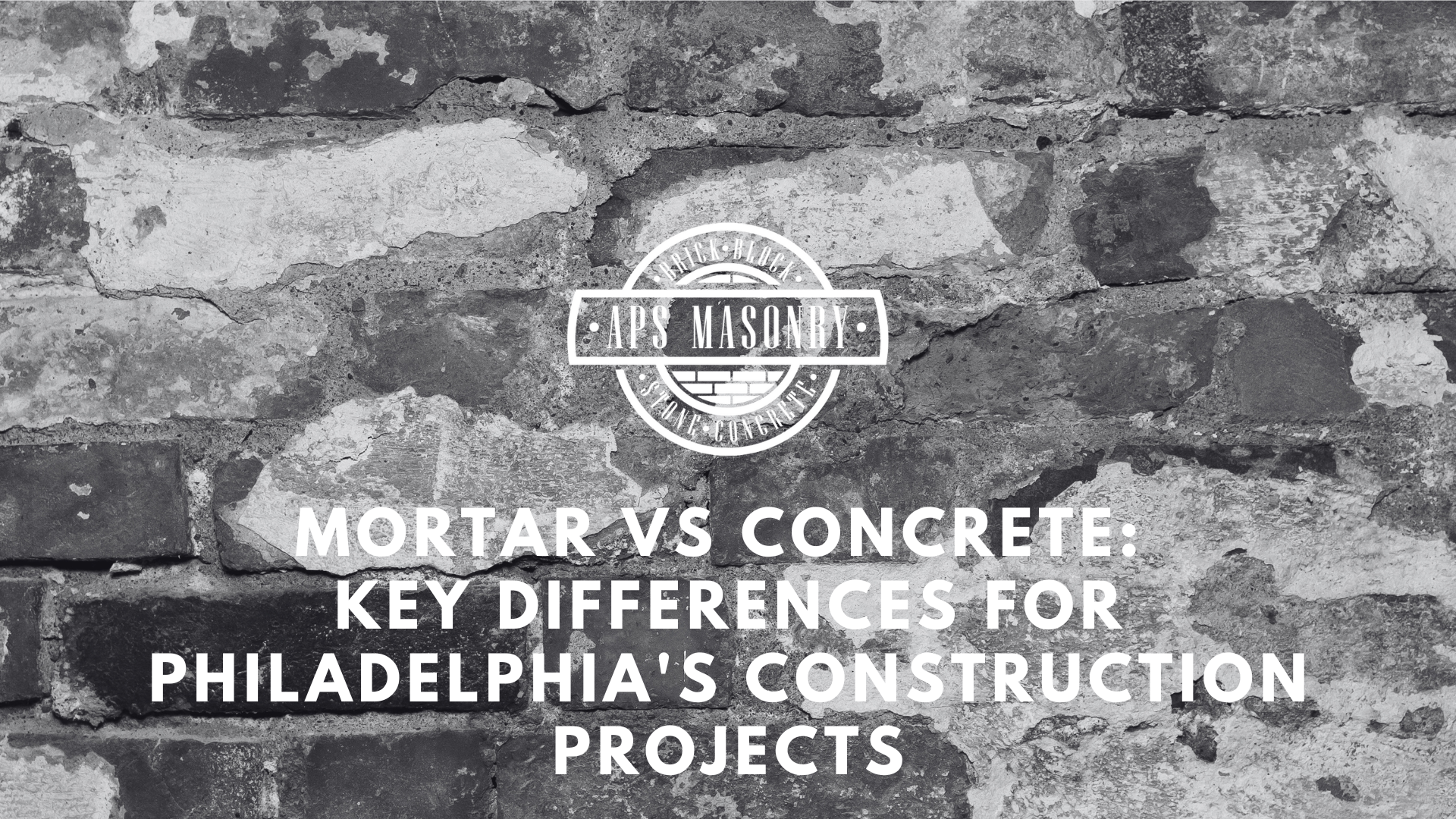
The differences between mortar and concrete are important for your construction projects in Philadelphia. Mortar is great for binding bricks and stones, making it ideal for restoring historic buildings. Concrete is stronger and more durable, perfect for foundations and large structures. Philadelphia's weather affects these materials differently: mortar can crack in freeze-thaw cycles, while concrete needs regular sealing to stay strong. By choosing the right material and maintaining it, your projects will last longer. For expert help, trust APS Masonry Contracting to keep your buildings in top shape.
Mortar is a versatile building material made up of cement, lime, sand, and water. It's the glue that holds bricks, stones, and blocks together. Picture the iconic red-brick homes in Philadelphia; mortar is what keeps those bricks firmly in place.
Mortar Composition
Mortar consists of a precise mix of cement, lime, sand, and water. The composition of mortar makes it perfect for binding materials like bricks and stones.
Uses of Mortar
In Philadelphia, you’ll see mortar used in the restoration of historic buildings and the construction of garden walls. Its flexibility allows it to accommodate slight movements, making it ideal for these applications.
Workability of Mortar
Mortar is highly workable, meaning it can be easily applied and shaped during construction. This workability is necessary for detailed masonry work and repairs.
Bonding Strength of Mortar
The bonding strength of mortar guarantees that bricks and stones remain securely attached. This strength is important for the longevity of structures, especially in a city with diverse architectural styles like Philadelphia.
Concrete is a building material made from a mixture of cement, aggregates (like gravel or crushed stone), sand, and water. Think about the sturdy sidewalks and towering skyscrapers in downtown Philadelphia—those are prime examples of concrete in action.
Concrete Composition
Concrete's composition includes cement, aggregates, sand, and water. This combination creates a material strong enough to support heavy loads and withstand the test of time.
Uses of Concrete
In Philadelphia, concrete is needed for building foundations, driveways, patios, and large commercial structures. Its strength and durability make it the go-to material for projects requiring significant structural support.
Workability of Concrete
Concrete has a lower workability compared to mortar, but it can still be molded into various shapes before it sets. This characteristic is particularly useful for creating foundations, slabs, and other large-scale construction elements like driveways, steps and patios.
Bonding Strength of Concrete
The bonding strength of concrete allows it to form a solid, cohesive mass that can support heavy loads. This strength is necessary for constructing buildings and infrastructure that must support Philadelphia's busy environment.
Durability of Concrete
Concrete's durability makes it an excellent choice for projects exposed to Philadelphia's varying weather conditions. Whether it's the summer heat or winter snow, concrete structures can withstand the elements year-round.
Understanding the key differences between mortar and concrete helps you choose the right material for your project. Each has specific properties that make them suitable for different applications.
Strength of Mortar vs. Strength of Concrete
Setting Time of Mortar vs. Setting Time of Concrete
Workability of Mortar vs. Workability of Concrete
Bonding Strength of Mortar vs. Bonding Strength of Concrete
Durability of Mortar vs. Durability of Concrete
Philadelphia's diverse weather conditions can significantly impact construction materials like mortar and concrete. Here's how they perform in the city's climate:
Proper maintenance guarantees the longevity and performance of both mortar and concrete. Here’s how to manage each material’s strength and upkeep.
Mortar Maintenance:
Concrete Maintenance:

Understanding the differences between mortar and concrete is necessary for successful construction projects in Philadelphia. Mortar and concrete each have their strengths: mortar's flexibility and bonding strength make it ideal for detailed masonry work, while concrete's durability and high PSI are perfect for foundations and large structures.
Whether you're restoring a beautiful old row house or building a new commercial space, understanding these differences can save you time and money. Remember, regular maintenance is key to making sure that your structures stand the test of time.
Need expert advice or professional help with your project? Visit APS Masonry Contracting. Our team specializes in both residential and commercial masonry services in Philadelphia. Let us help you make the best choice for your construction needs and keep your properties in top shape.
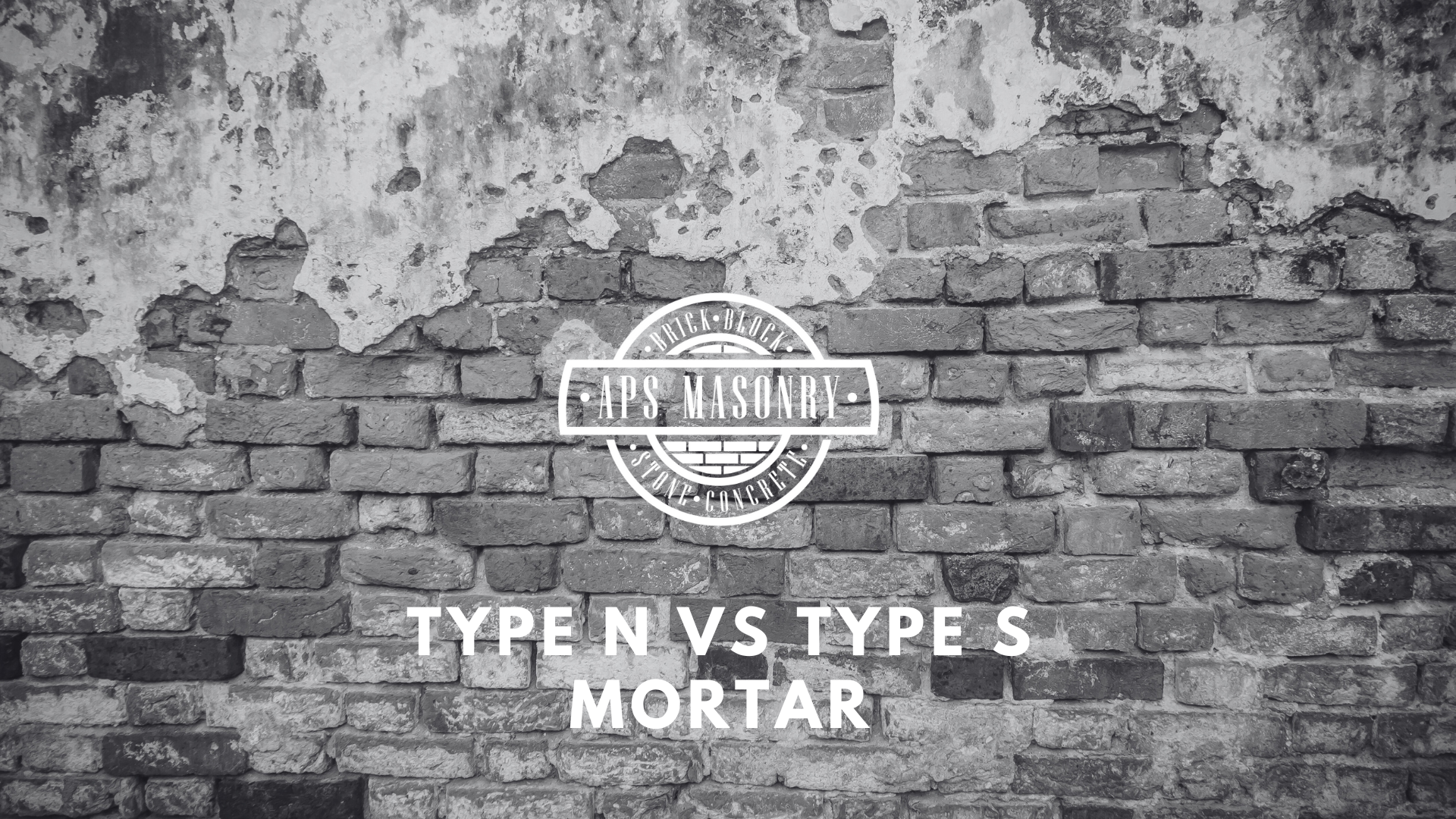
Choosing the right mortar is very important for your masonry projects. Let us help you decide which to use. Type S mortar is strong and durable,...
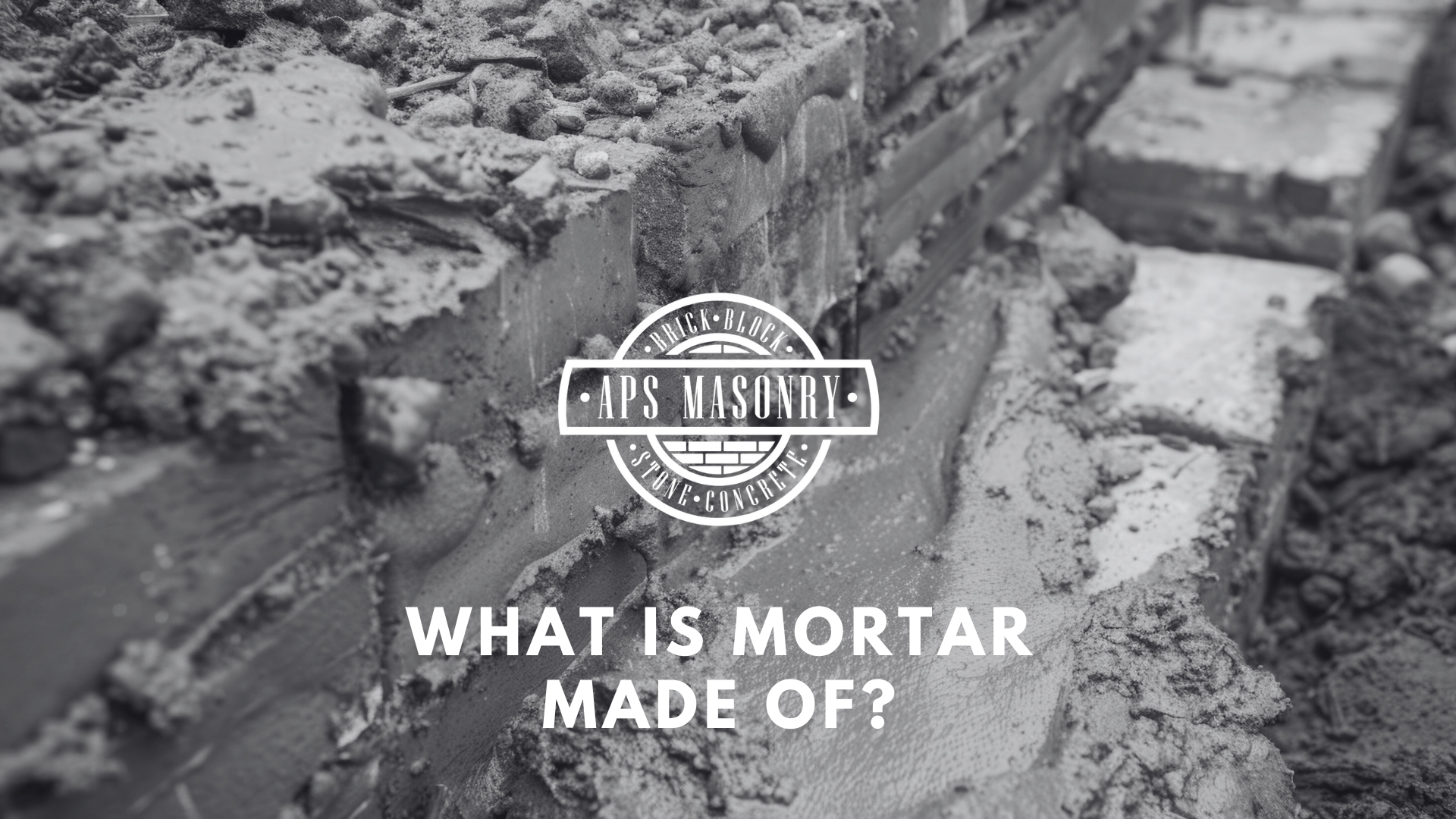
What mortar is important for any building project? Let us explain to you the key ingredients: cement, lime, sand, and water. Each ingredient helps...
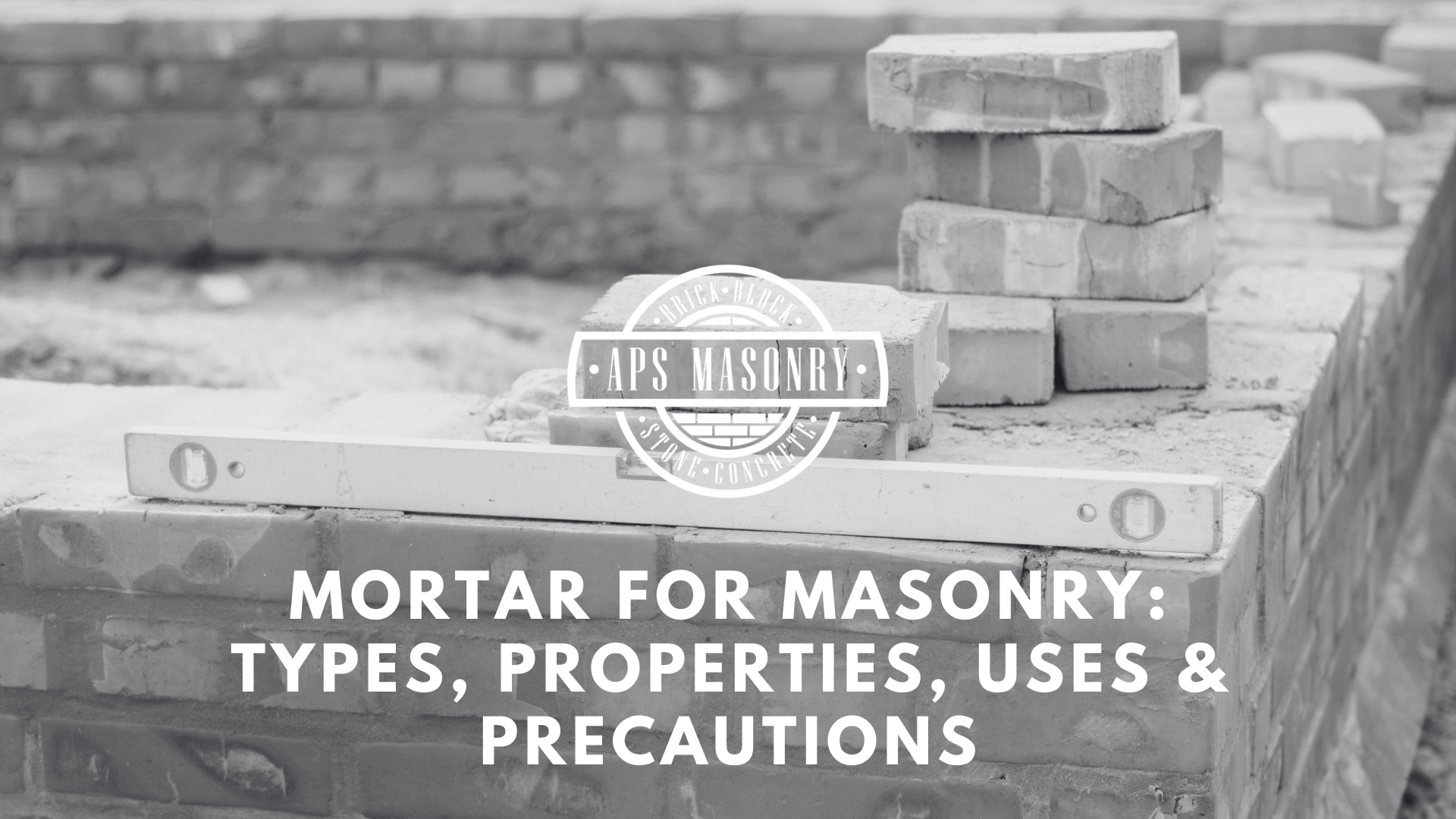
Mortar is a necessary building material that helps stick bricks, stones, or concrete blocks together to form sturdy structures. There are different...